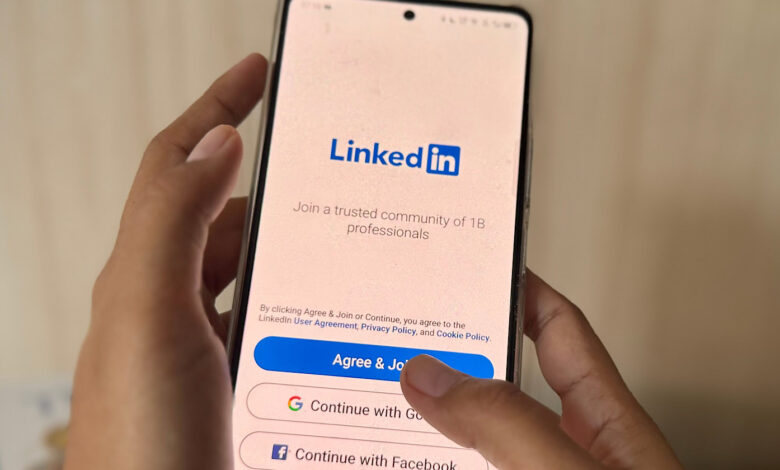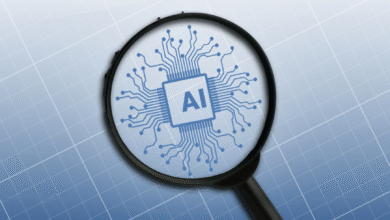Professionals Trust Their Networks More Than AI, LinkedIn Finds

▼ Summary
– Professionals prefer seeking workplace advice from their networks over AI or search engines, with 43% turning to colleagues first.
– Colleagues help improve decision-making speed and confidence, as reported by 64% of professionals in the study.
– Learning AI causes stress, with over half feeling upskilling is like a second job and many experiencing embarrassment or nervousness about their knowledge.
– B2B marketers are investing in community-driven content and trusted creators to reach younger buyers who rely on professional networks.
– Marketers should focus on building relationships through employee advocacy and expert-led content, as networks influence content discovery and validation.
When it comes to workplace guidance, professionals overwhelmingly prefer turning to people they know rather than artificial intelligence or search engines. A recent LinkedIn study reveals that 43% of individuals consult their personal networks first when seeking advice, underscoring the enduring value of human connection in professional settings.
The research highlights that nearly two-thirds of respondents believe colleagues help them make decisions more quickly and with greater confidence. This reliance on trusted voices appears to be growing, especially as professionals navigate increasing workplace pressures. Posts discussing feelings of being overwhelmed or adapting to change have surged by 82%, indicating a strong desire for clarity and reassurance from familiar sources.
At the same time, the rapid advancement of AI is creating significant stress for many workers. More than half feel that upskilling in this area resembles a second job, while a third admit to embarrassment over their current knowledge. Another 35% express nervousness about discussing AI in professional contexts. The relentless pace of change is affecting well-being for 41% of those surveyed, with younger employees particularly prone to overstating their AI capabilities compared to older colleagues.
Despite these pressures, three-quarters of professionals aged 18 to 24 maintain that AI cannot replicate the intuitive insights provided by trusted coworkers. This perspective reinforces the idea that human networks remain irreplaceable, especially in high-stakes situations.
These trends carry important implications for B2B marketing strategies. With 77% of marketing leaders noting that audiences depend on both company channels and professional networks, there’s a clear shift toward community-driven approaches. Millennials and Gen Z now make up 71% of B2B buyers, prompting brands to invest more in credible individuals within those circles.
Eighty percent of marketers intend to boost spending on content that features creators, employees, and industry experts. They recognize that trusted voices are essential for building credibility with younger demographics. In this environment, social discovery and active community participation rival the importance of traditional search rankings. Content that is easily shareable and linked to respected figures often outperforms generic corporate messaging.
For businesses, these findings signal a need to adapt trust-building and demand-generation tactics. Encouraging employees to share authentic messages, collaborating with reliable creators, and producing expert-led content that resonates on social platforms are becoming central to modern marketing. While SEO and paid advertising retain their value, peer networks increasingly shape how people discover, discuss, and validate information before ever visiting a brand’s website.
Looking forward, the most successful professionals will likely blend AI tools with human judgment rather than choosing one over the other. Marketers who prioritize genuine relationship-building, rather than focusing solely on technological mastery, stand to gain sustainable advantages in an evolving landscape.
(Source: Search Engine Journal)





